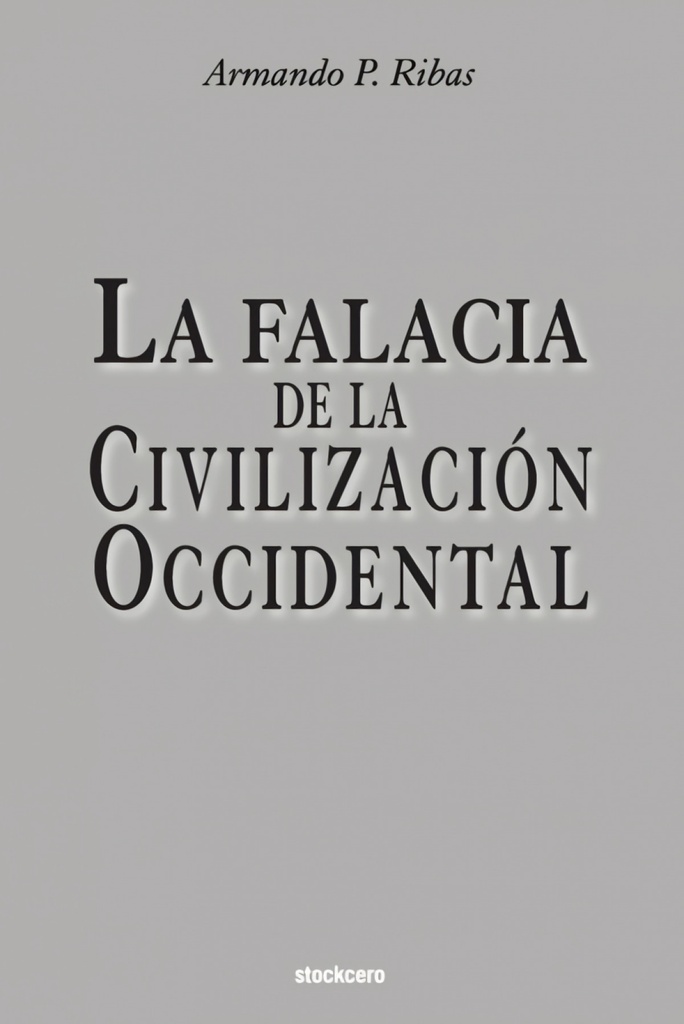This new book is a compilation of articles and lectures by the liberal thinker Armando P. Ribas, which reflect the political philosophy that overlies its historical, ethical, political and economic analysis. Dr. Ribas exposes the political and economic issues in the correct axiological order, thus demonstrating that the economy is not an independent science, but merely consequential and dependent on ethics, politics, and the legal system derived from them.Dr. Ribas exposes that private interests are notáper secontrary to the general interest, and that an intelligent legal framework is what allows a part of the world to produce unprecedented wealth in the history of mankind.These are the principles defended by John Locke in his First Treaty of the Civil Government (1689), from which the Scottish philosopher David Hume then elaborated, thus completing the basis of the Rule of Law and Judicial Review system embodied in the American Constitution of 1787 and the Bill of Rights of 1789.In contrast to these principles of protection of individual freedom, which he calls «Anglo-American», Ribas puts under the microscope the ethical principles of the «Franco-Germanic» political philosophy, derived from the thought of Rousseau, who established the ideal of «new man» free of defects and incarnation of the State. Based on this, the thoughts of Kant, Hegel and Marx are linked to produce the idea that the pursuit of one´,s happiness is contrary to morality, the justification of absolute political power in the realm of reason, of the State as «The divine idea as it manifests on the earth». and of the dialectic of history manifested in the class struggle, after which freedom would arise as a consequence of having overcome scarcity &ndash,thus poverty&ndash,ááunder the «dictatorship of the proletariat».The absolute contrast of these ideas, both arising in Europe, is what Armando Ribas points out as the fallacy of «Western Civilization» since it is not one but two, and diametrically opposed.

